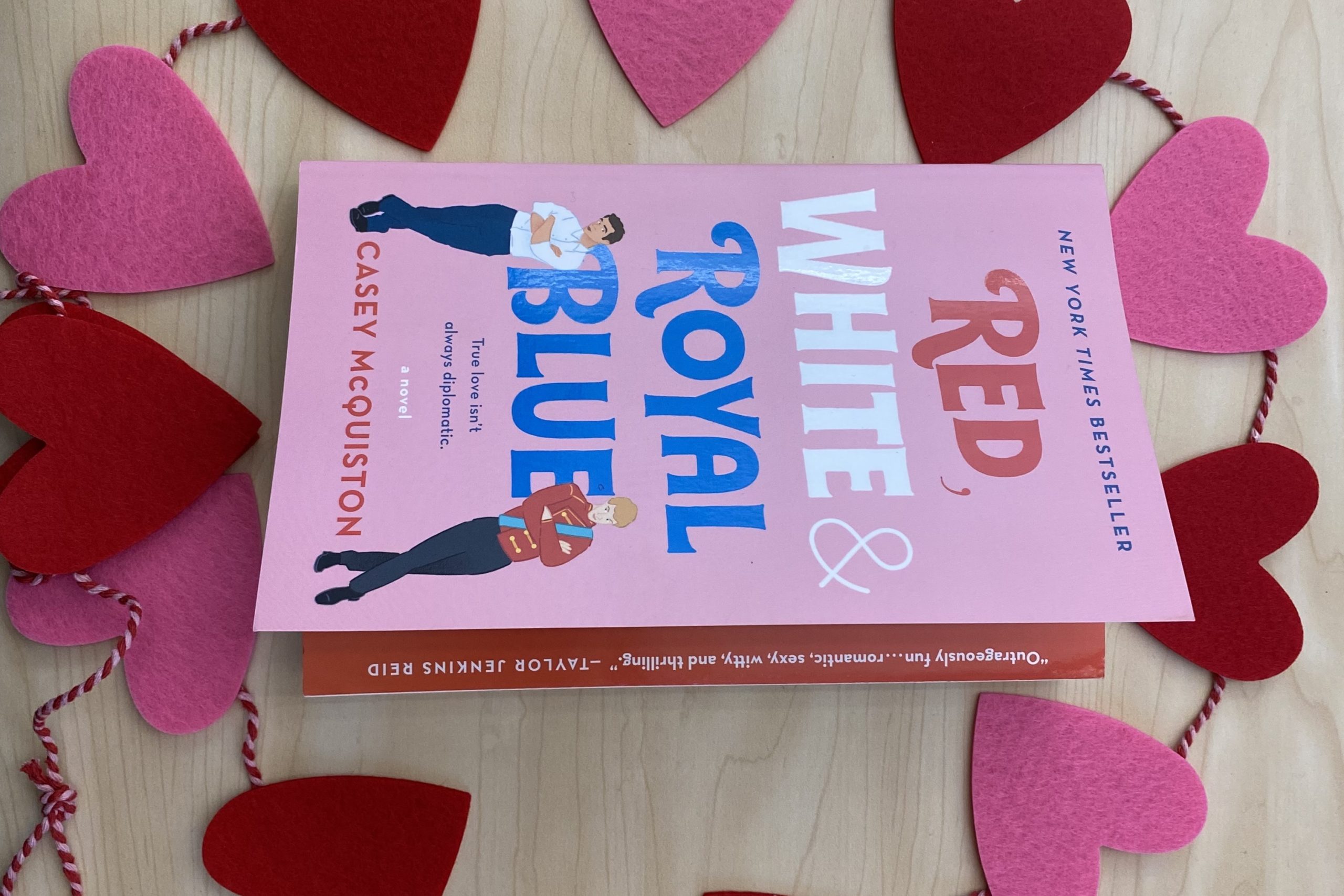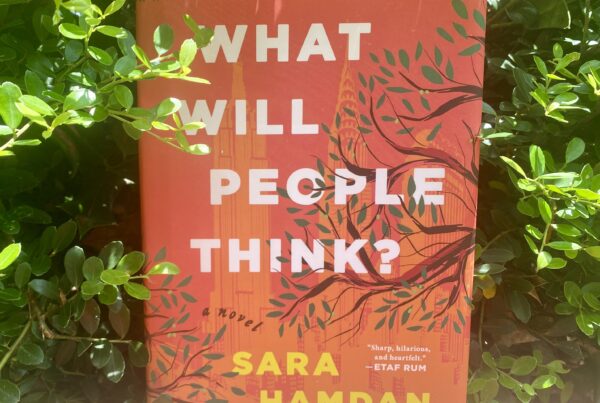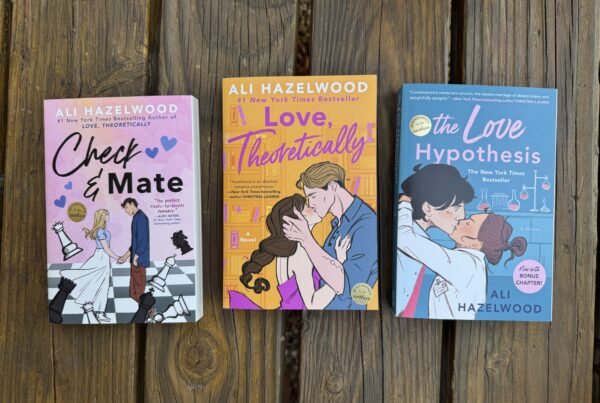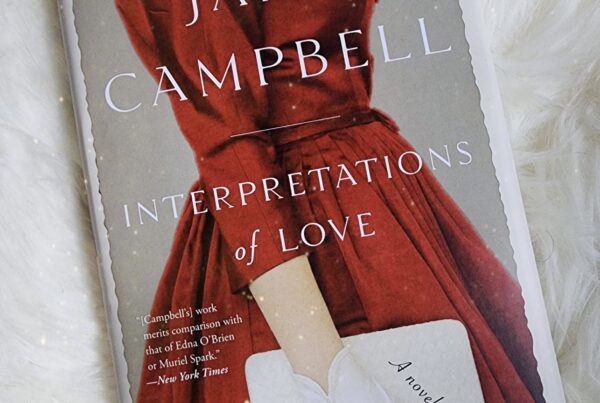Romances, despite their popularity, are far from respected. A discussion regarding the sexist labels given female-written “chick lit,” wherein books with similar topics or themes written by men are awarded acclaim, is due for another day. People see the standard, brightly-covered romance covers of the 2020s and, unless they are already fans of the genre, roll their eyes. And yet, romance novels are still the most popular/best selling genre of literature.
I myself was an eye-rolling snob. While I would sing the praises of “literary romances” such as Pride and Prejudice and A Room With A View, I would not look past a cover with modern couples engaging in modern kissing for the life of me. If it didn’t get a write-up in The New York Review of Books, I would not be caught reading it.
Then I had a baby.
There are no adequate words to describe the postpartum time period. It is an understatement to recount it as emotionally and physically exhausting. I have never cried so much. All I wanted was comfort–but I also did not want to be touched. My body was still healing.
On top of all that, I gave birth during the start of the pandemic. We were very lonely in our house; two new parents without any help for fear of contagion. The constant feeding hours meant I suddenly had forced time to read. It was a quiet activity I could do on my kindle without waking my husband or disturbing the baby.
I no longer wanted to read something emotionally draining. Pictures of body bags in Italy, elderly people on ventilators, and mass graves of unclaimed hundreds overwhelmed my news feed. I wanted to escape. I wanted a fantasy, a world where people were safe and had a happily ever after.
I wanted a romance.
If I was going to read a romance, I decided, I would at least read a progressive one. Friends had recommended Casey McQuiston’s queer romance Red, White & Royal Blue. The novel is the enemies-to-lovers story of the Prince of Wales (not Prince Harry, but clearly there’s a nod there) and the First Son of the United States of America. This is an alternate world, with alternate (albeit recognizable) royals. A world where a divorced woman of color can be President. Honestly, I wish our America more closely represented McQuiston’s.
Of course, these two dashing young men claim to loathe each other. The novel’s action begins at a royal wedding where the heir apparent Prince Philip is set to marry his princess. After learning he’ll have to be in close proximity to his “archnemesis” Prince Henry, First Son Alex Claremont-Diaz is annoyed and acts quite petulant at the wedding. Of course, disaster of poor-PR-proportions strikes at the event, forcing Alex and Henry to spend time together– and realize, (surprise!) that loathing covers up their deep respect and love.
Here’s what I did not expect while reading the novel: to laugh. McQuiston is an excellent humorist, with a real touch for millennial verbiage. (As a high-school English teacher, I can report that Gen Z kids also love this book.) The barbs Alex and Henry throw back and forth are commendable in their wit; Katherine Hepburn and Spencer Tracy would be proud. When the boys argue over the best Star Wars film, for example, I couldn’t help but smile:
“’To answer your question, Henry says, ‘Yes, I do like Star Wars, and my favorite is Return of the Jedi.’
‘Oh,’” Alex says. ‘Wow, you’re wrong.’
‘How can I be wrong about my own favorite? It’s a personal truth.’
‘It’s a personal truth that is wrong and bad.’
‘Which do you prefer, then? Please show me the error of my ways.’
‘Okay, Empire.’
Henry sniffs. ‘So dark, though.’
‘Yeah, which is what makes it good,’ Alex says. ‘It’s the most thematically complex. It’s got the Han and Leia kiss in it, you meet Yoda, Han is at the top of his game, fucking Lando Calrissian, and the best twist in cinematic history. What does Jedi have? Fuckin’ Ewoks.’
‘Ewoks are iconic.’
‘Ewoks are stupid.’
‘But Endor.’
‘But Hoth. There’s a reason people always call the best, grittiest installment of a trilogy the Empire of the series.’
‘And I can appreciate that. But isn’t there something to be valued in a happy ending as well?’
‘Spoken like a true Prince Charming.’”
The secondary characters, including Alex and Henry’s relatives, close friends, even their security detail, are well fleshed out and equally witty. I cannot remember the last time I encountered such delightful characters with whom I legitimately wanted to spend more time.
While this novel takes place in an alternate world that does, in fact, elect a woman president, and does contain acceptance for a queer royal and First Son, this is definitely a novel written in a Trump America. There’s an upcoming tight election in a deeply-divided America that might not be accepting of a second-term female president and her blended, Mexican-American family. There are political scandals, but at least in this America there are actual repercussions for nefarious politicians.
Political intrigue, however, is the background to Alex and Henry’s blossoming romance. Somehow, McQuiston produces a book that is both an enchanting romance and a piece of activism. Though the cover is cotton-candy pink, this book never gets saccharine. In Alex and Henry’s love letters (erm, emails), they include quotes from other famous (and possibly queer) figures of historical note.
By the time you finish reading Red, White, & Royal Blue, you are a little more knowledgeable about history, a little more hopeful about the future, and a lot more romantic.




